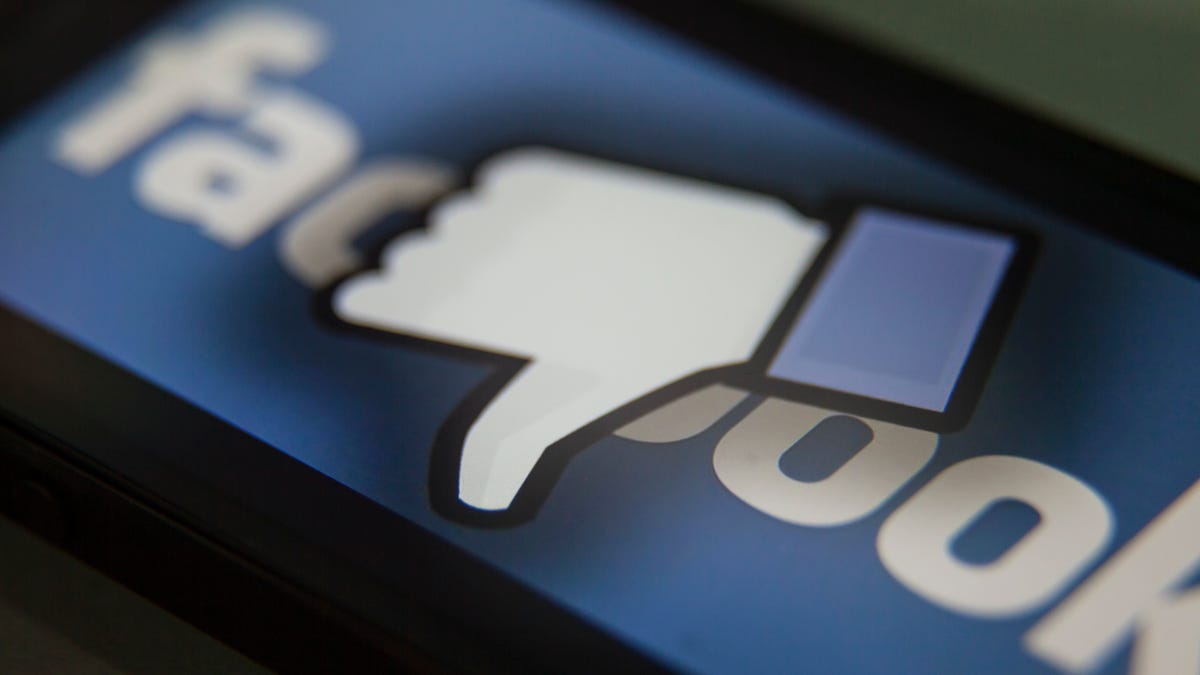Facebook fined 150,000 euros for 'massive' data collection
A watchdog group in France has hit the social media giant for several violations of the country's Data Protection Act.

Facebook will have to pay French authorities 150,000 euros for violations of user privacy.
The social media behemoth, with more than 33 million users in France alone, failed sufficiently to inform users about its stockpile of user data, which it uses for advertising purposes.
The fine was assessed by French watchdog group CNIL, and works out to about $166,000.
Though a tiny amount compared to Facebook's market capitalization of $435 billion, it's the maximum CNIL could fine when it began its investigation, according to Reuters.
In its statement announcing the fine Tuesday, CNIL said, "The investigations conducted by the CNIL have revealed several failures. In particular it has been observed that Facebook proceeded to a massive compilation of personal data of Internet users in order to display targeted advertising. It has also been noticed that Facebook collected data on browsing activity of internet users on third-party websites, via the 'datr' cookie, without their knowledge."
In a statement Facebook responded, "Over recent years, we've simplified our policies further to help people understand how we use information to make Facebook better. We take note of the CNIL's decision with which we respectfully disagree. We remain open to continuing to work on these issues with the CNIL, as we prepare for the EU's new data protection regulations in 2018."
Facebook reported healthy first-quarter earnings earlier this month, despite controversies involving violent Facebook Live videos and so-called fake news.
Update 1:20 p.m. ET: Added statement from Facebook.

